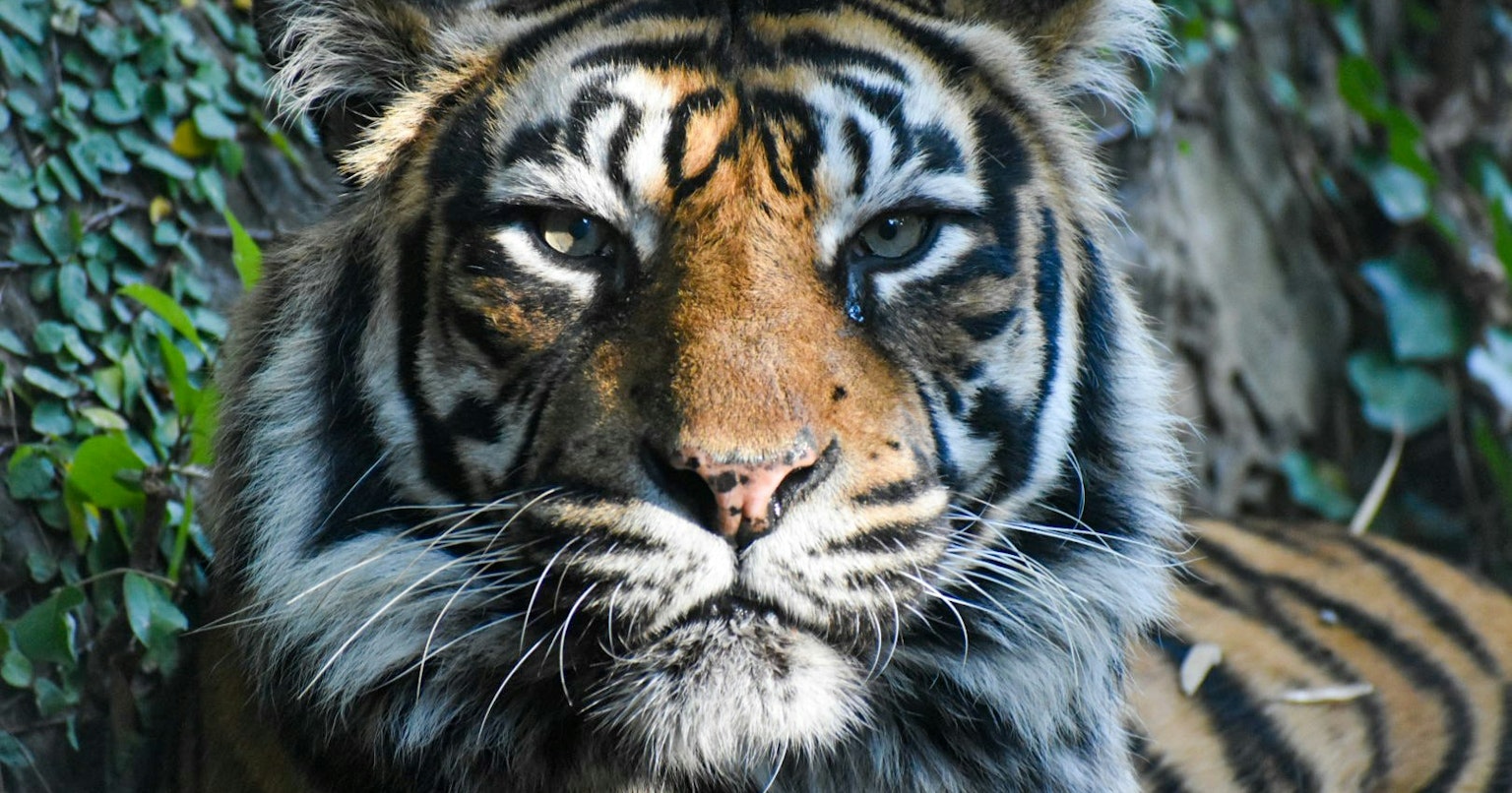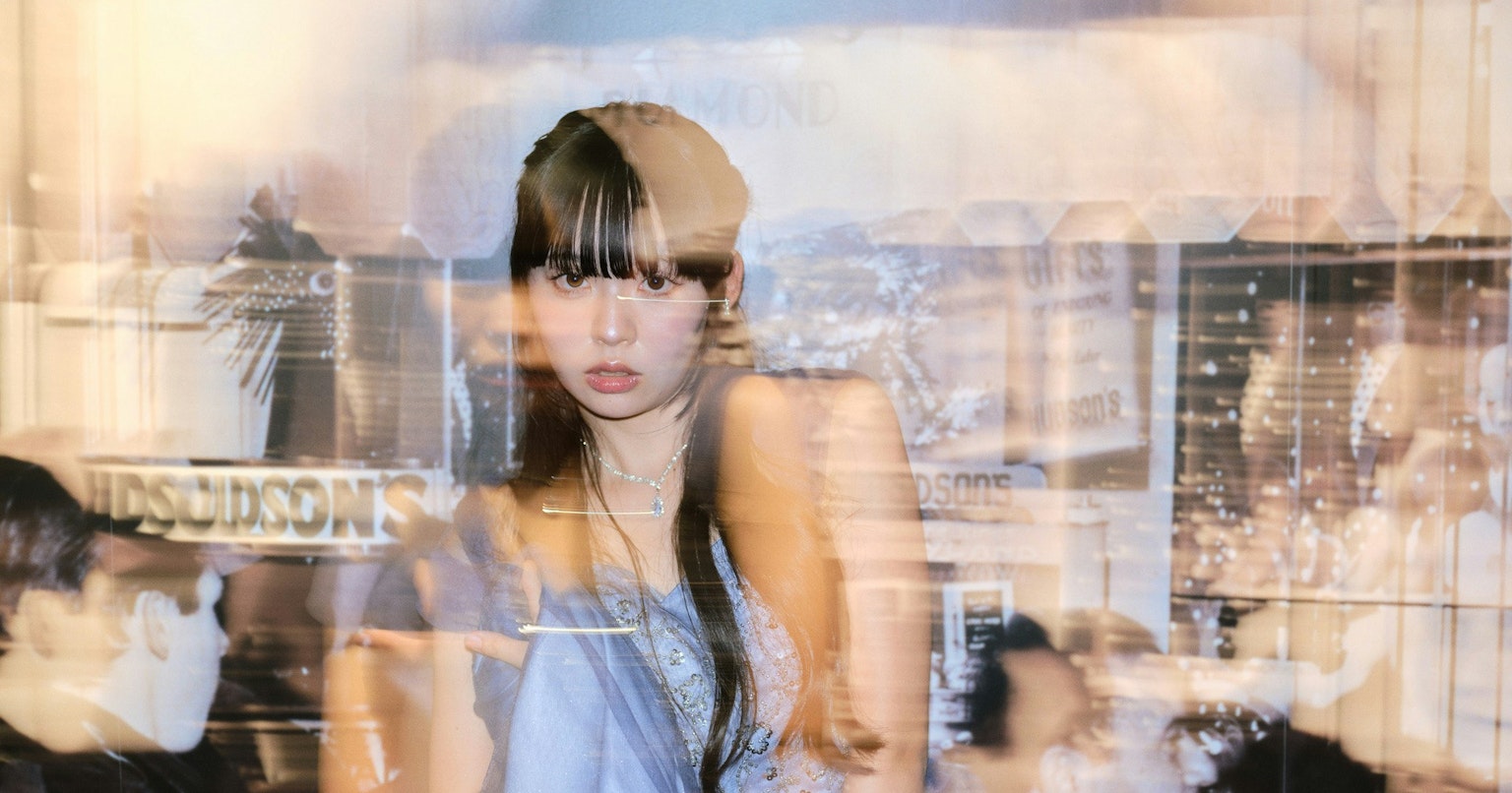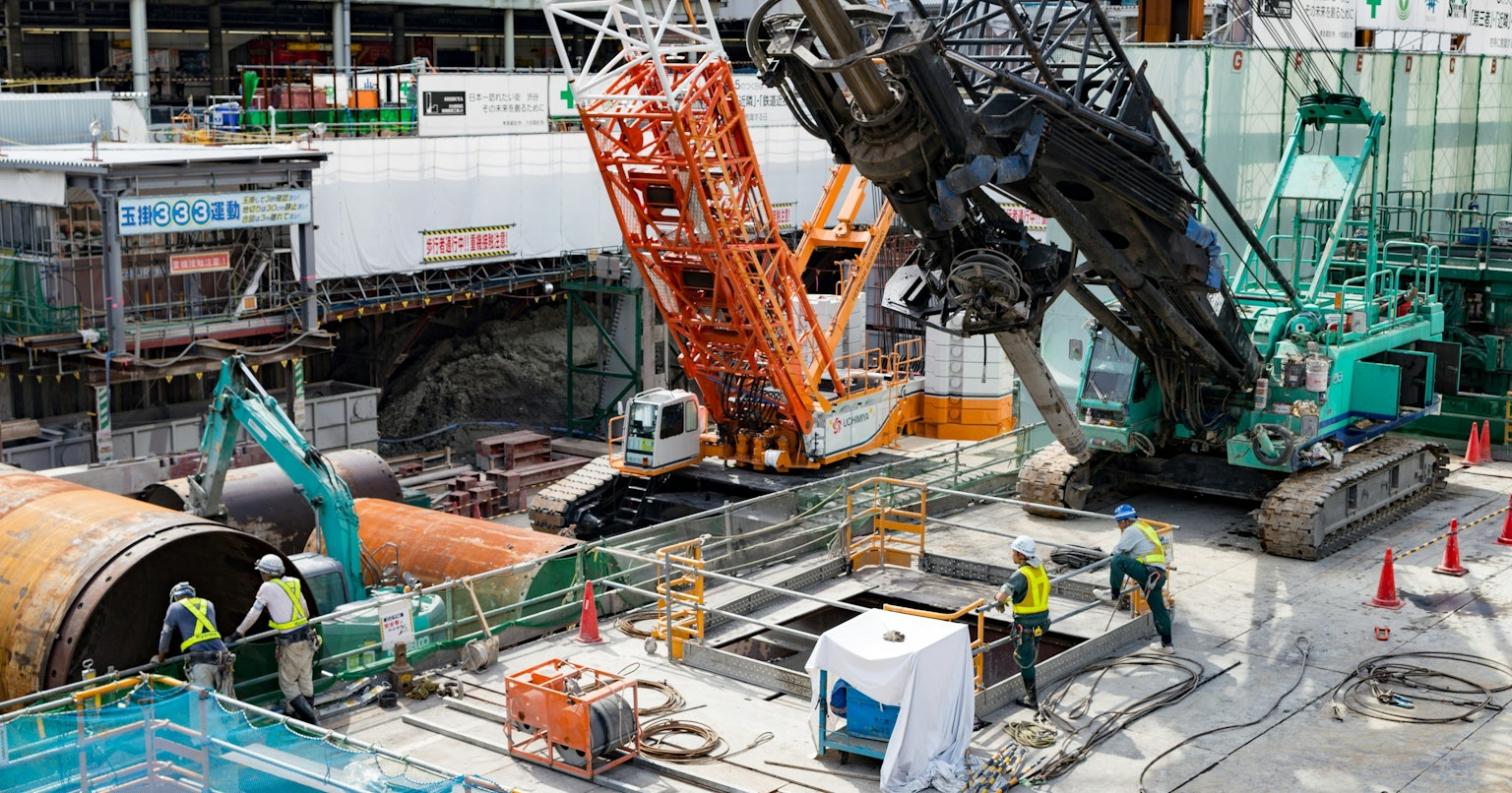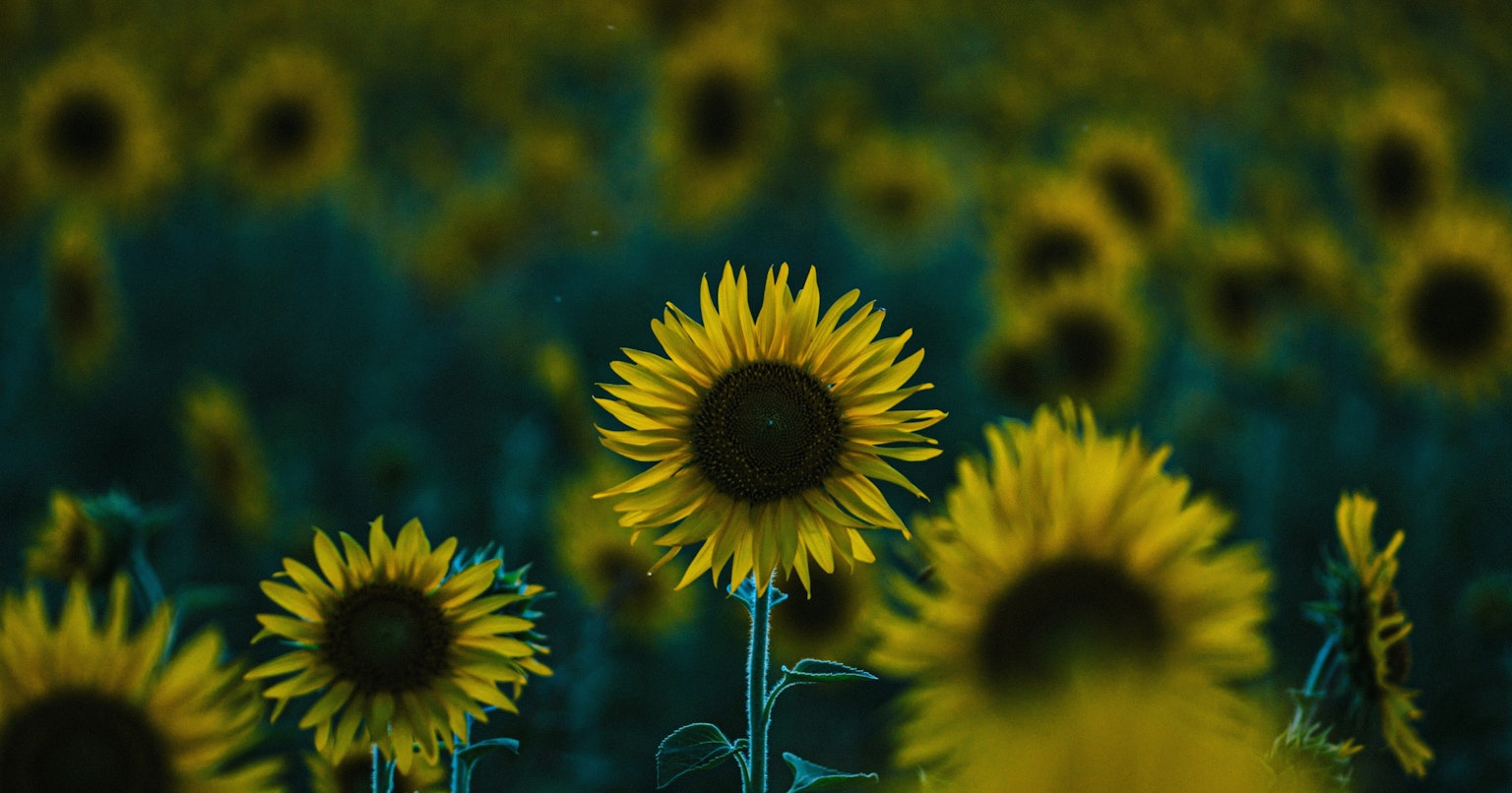Is One Minute Enough for Photography? How Tourist Rules Challenge "Freedom of Photography" | Knowledge #350
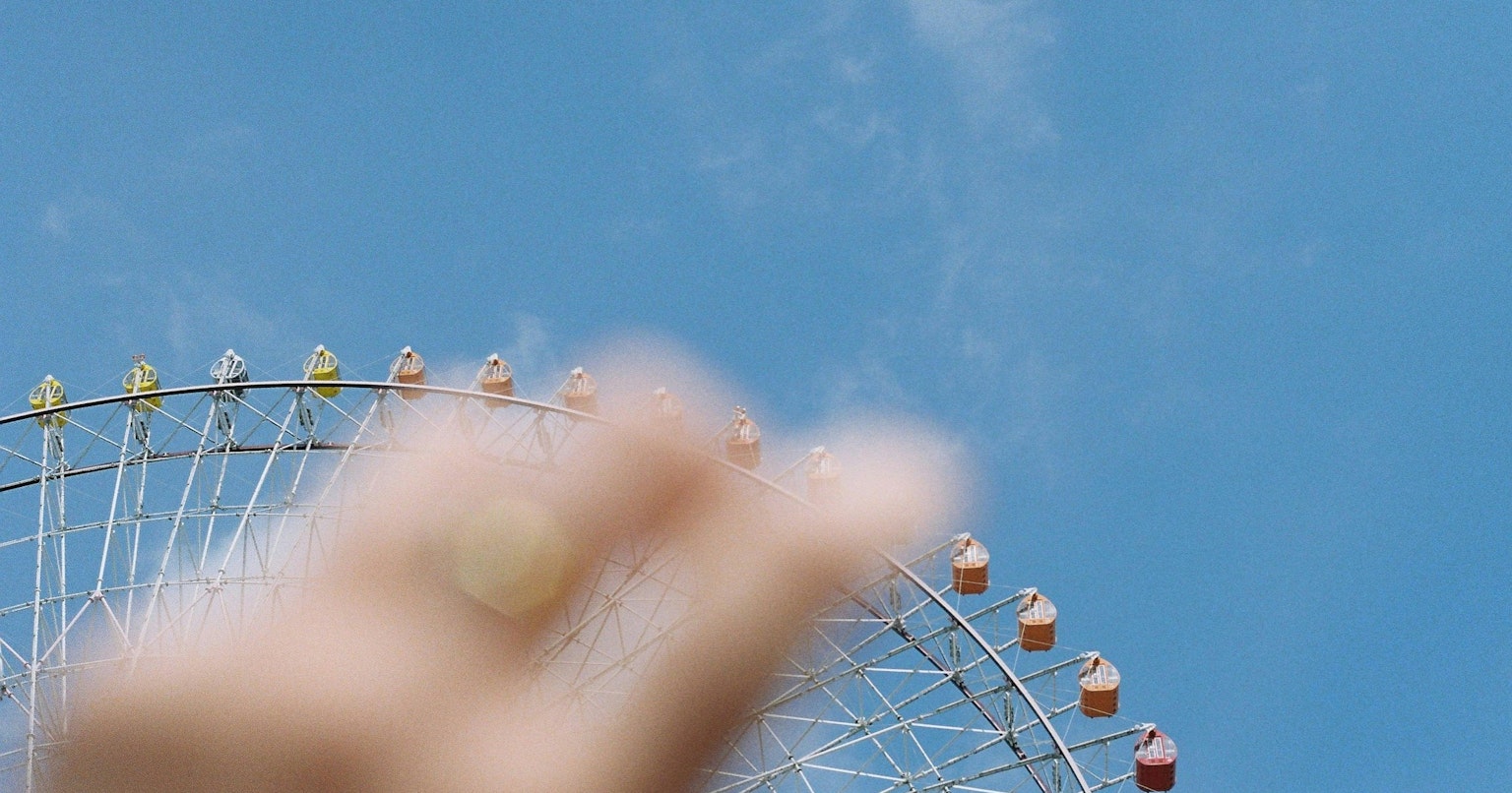
Cover photo by Partofmyworld
The era of time-limited photography at scenic spots has arrived. The "60-second rule" introduced at tourist attractions in China is a measure to alleviate congestion, but how should we balance this with the freedom and creativity of photography culture?
In this article, we examine the concept of "manners" and "freedom" in photography, incorporating global trends.
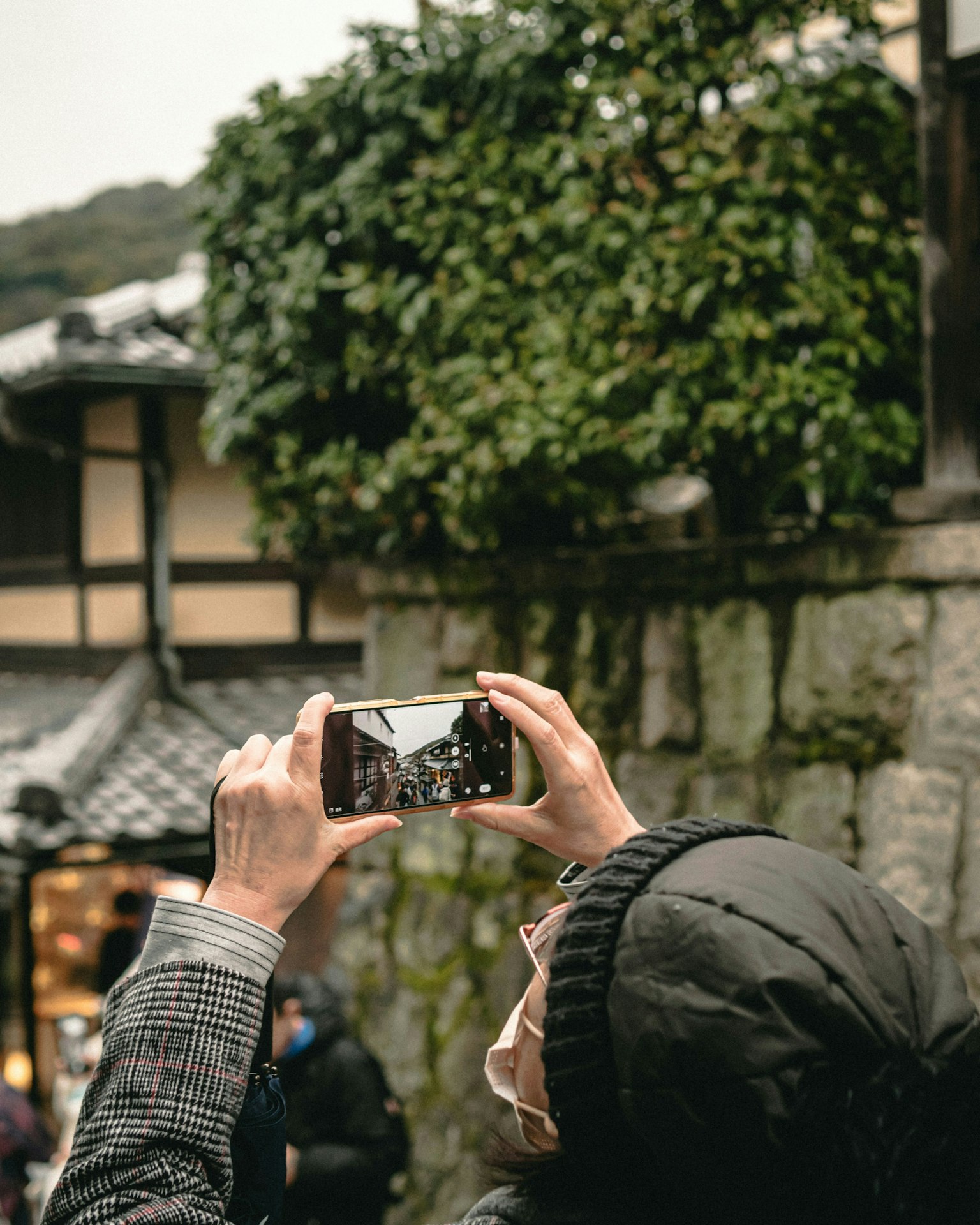
Photo by tk
The Background of "Time-Limited Photography" at Tourist Spots
In China's Huangling Scenic Area and Longzhua Mountain Park, rules limiting photography to "60 seconds" or "30 seconds" were introduced in response to congestion and disputes caused by prolonged photo sessions aimed at creating social media-worthy images.
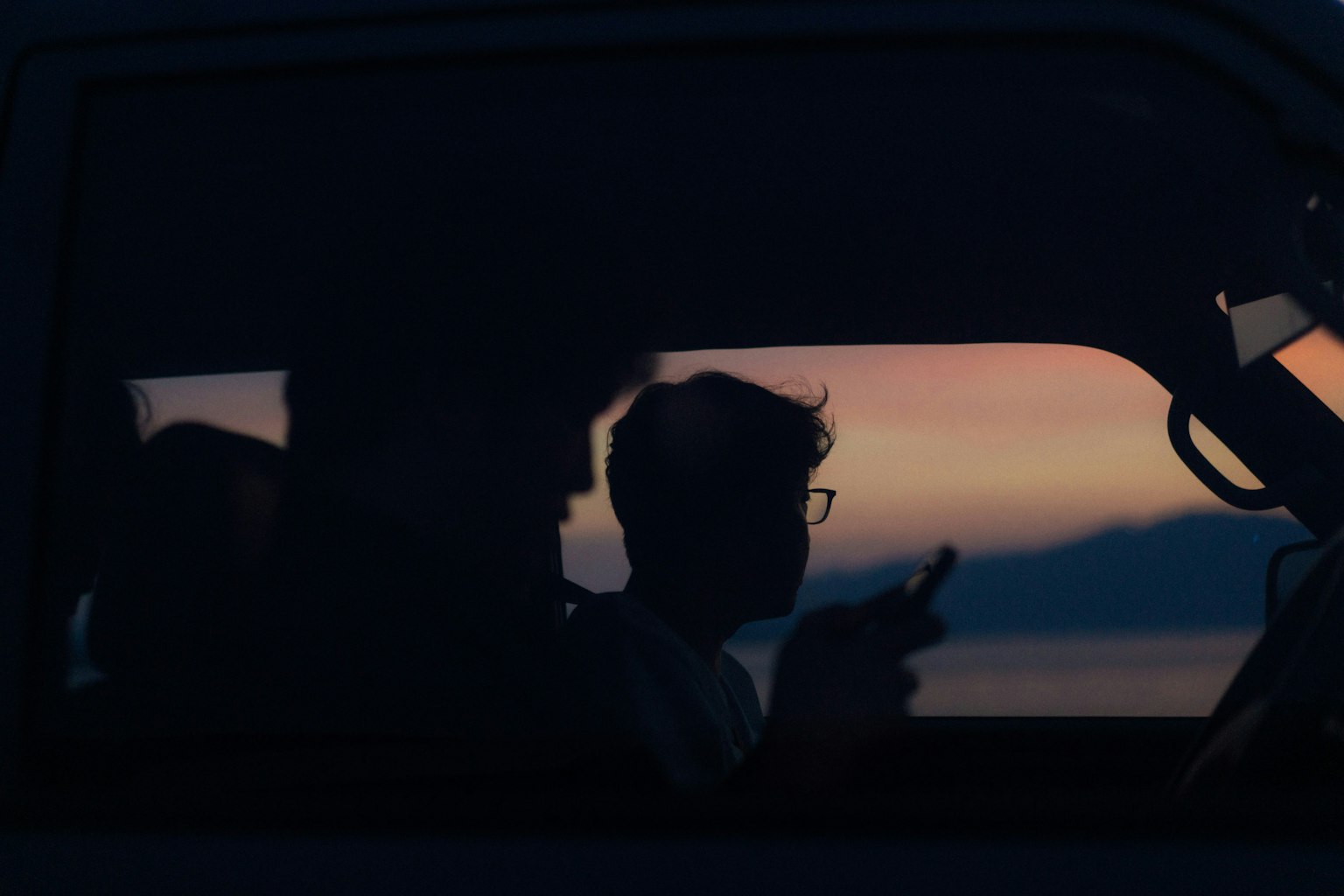
Photo by やはしももか
While this measure is widely accepted by tourists as a way to ensure equal enjoyment of popular spots, some express concerns about the restrictions on creative photographic expression.
Photography Rules and Landscape Preservation Efforts in Japan
In Japan, rules and systems related to photography and manners at tourist spots are also being strengthened. In Kyoto's Gion district, issues such as unauthorized photography of geisha and maiko, as well as entry into narrow alleys, have led to restrictions on access to certain private roads and alleys.
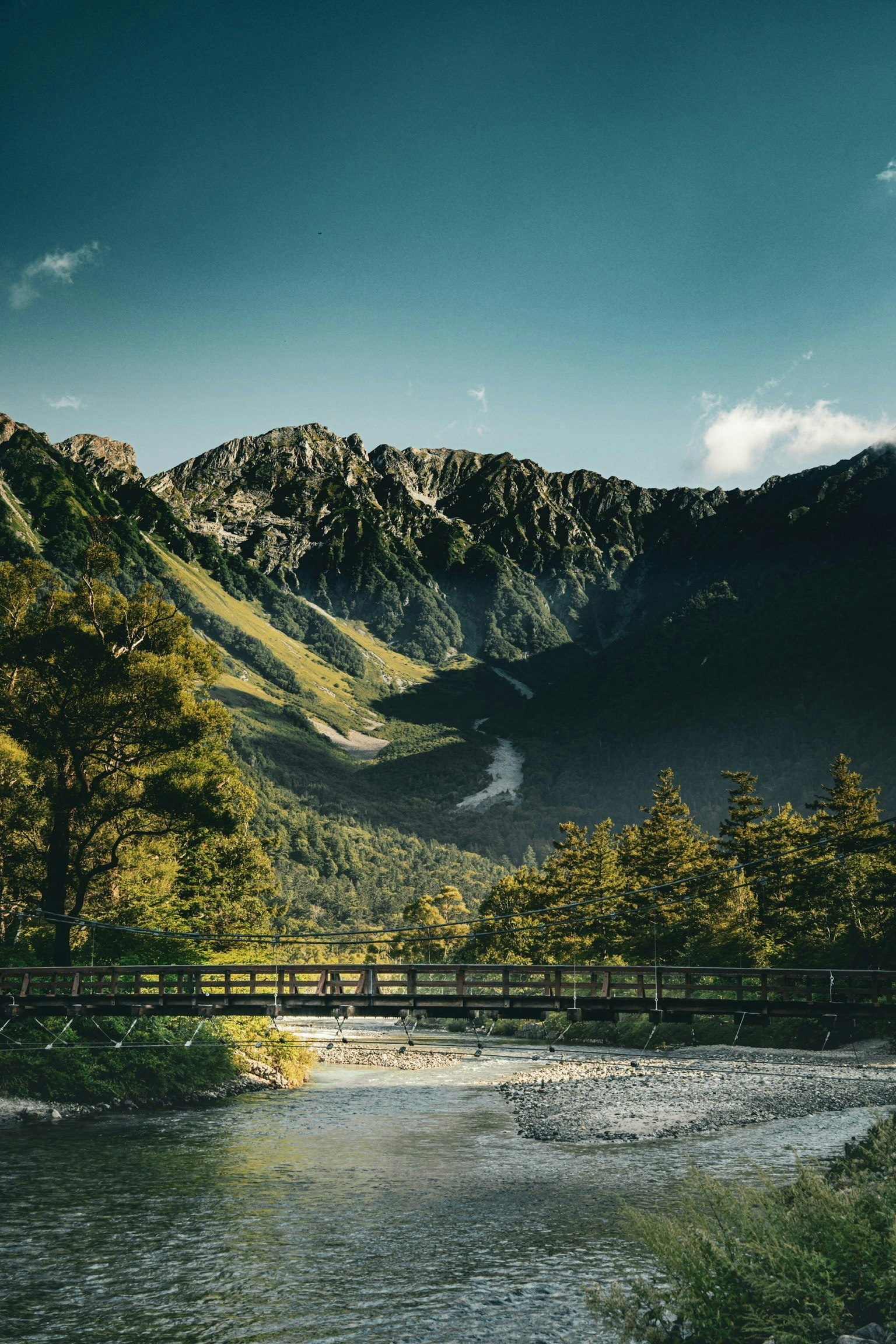
Photo by Hiroyasu Nakahara
Additionally, in Fujikawaguchiko Town, Yamanashi Prefecture, a famous photo spot in front of a Lawson store with Mount Fuji in the background has seen an increase in sidewalk and private property intrusions. To address this, black net fences were installed to block the view and reduce excessive congestion.
Is "Quick Photography" a New Skill? A Fresh Perspective on Creativity
Taking impressive photos within a limited time could be considered a new skill. In addition to planning compositions and settings in advance, photographers are also required to have the "observational skills" to quickly interpret light and movement on the spot.
Thinking about how to unleash creativity within such constraints can lead to deeper and more meaningful photographic expressions.
